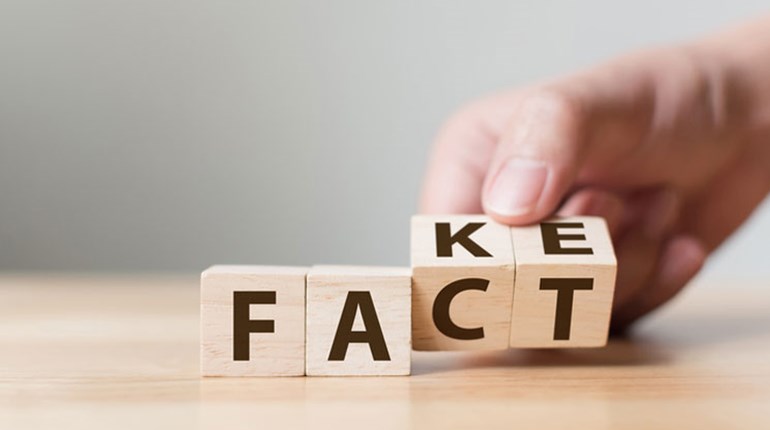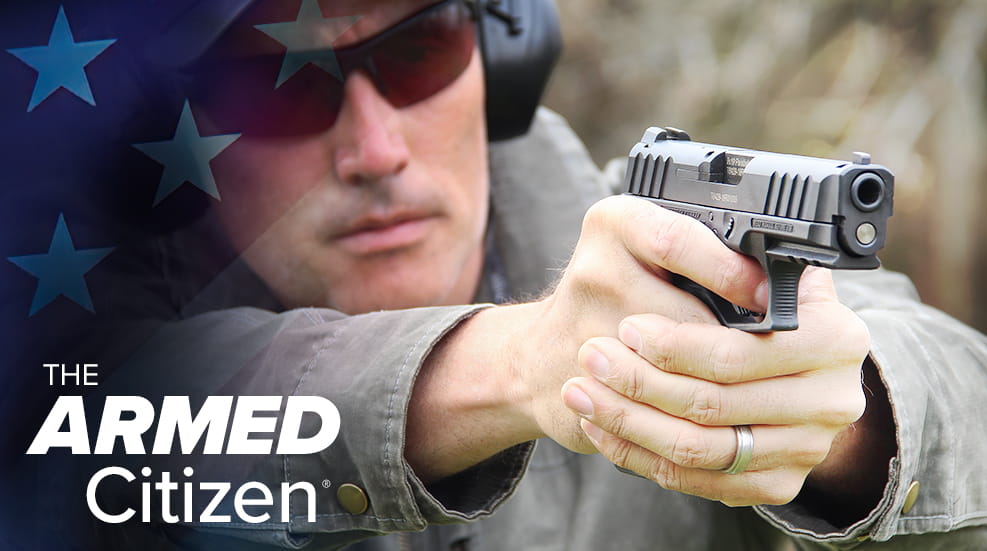
The Virginia Citizens Defense League (VCDL) and two Second Amendment activists have filed a defamation lawsuit in federal court against Katie Couric and the producers of “Under the Gun,” with a long list of charges.
The plaintiffs claim that the producers of the so-called documentary intentionally manipulated footage of them to make them look clueless and uncaring when asked about firearm purchase background checks.
According to the complaint, the film contains false footage purporting to show members of the Virginia Citizens Defense League sitting silently, stumped, and avoiding eye contact for nearly nine seconds after Couric asked, "If there are no background checks for gun purchasers, how do you prevent felons or terrorists from purchasing a gun?”
Attorneys for the plaintiffs say in their complaint that the filmmakers intentionally and maliciously manufactured the exchange by splicing in footage of the activists sitting silent after producers of the film had asked them to do so to calibrate their recording equipment. The suit seeks compensatory damages of $12 million, punitive damages of $350,000 per plaintiff and an injunction barring further distribution of the film.“The exchange portrayed in the film is a work of fiction,” the complaint states.
According to the complaint, here’s what the film depicted after Couric asked the question:
While Couric begins posing the question, the film depicts plaintiff Patricia Webb—a VCDL executive member and licensed firearm dealer—listening intently. In the first three seconds immediately following Couric’s question, the film portrays a silent VCDL member looking up, blinking, and then looking away. For the next three seconds, the film depicts Webb—appearing silent and stumped in the background—while another VCDL member silently looks at the floor and then away. In the next three seconds, the film portrays plaintiff Daniel L. Hawes—VCDL executive member and an attorney who practices litigation involving firearms and personal defense—sitting silently and shifting his gaze toward the floor.
After nearly nine seconds of silent footage—instead of the responses that the VCDL members had actually provided—the defendants inserted footage of someone closing the cylinder of a fully loaded revolver, driving home the point that the exchange was over. The manipulated footage falsely informed viewers that the VCDL members had been stumped and had no basis for their position on background checks.
“The exchange portrayed in the film is a work of fiction,” the complaint states. “Unedited audio recording of the exchange reveals that, in reality, Couric expressly acknowledged that the VCDL members had an answer, and the VCDL members had not been stumped but had immediately begun explaining the basis for their position on background checks.”
In the interview that actually occurred (watch by clicking here), Hawes had cited existing laws and regulations to rebut the premise of Couric’s question and to provide a basis for opposing background checks.
In all, Hawes, Webb and three other VCDL members spent nearly six minutes responding to Couric’s question and another three minutes engaging in a related discussion.“The fact is we do have statutes, both at the federal and state level, that prohibit classes of people from being in possession of firearms,” Hawes immediately answered. “If you’re under 18, in Virginia, you can’t walk around with a gun. If you’re an illegal immigrant, if you’re a convicted felon, if you’ve been adjudicated insane, these things are already illegal. So, what we’re really asking about is a question of prior restraint. How can we prevent future crime by identifying bad guys before they do anything bad? And, the simple answer is you can’t. And, particularly, under the legal system we have in the United States, there are a lot of Supreme Court opinions that say, 'No, prior restraint is something that the government does not have the authority to do.' Until there is an overt act that allows us to say, 'That’s a bad guy', then you can’t punish him.”
In all, Hawes, Webb and three other VCDL members spent nearly six minutes responding to Couric’s question and another three minutes engaging in a related discussion—none of which was shown in the final version of the film.
According to the complaint, an Atlas Films cameraman and Couric had earlier told the interviewees that they needed to sit silently for 10 seconds so that recording equipment could be calibrated. As the interviewees complied with that request, cameramen quietly recorded b-roll footage of the interviewees sitting in silence.
That was the piece of film inserted in place of the actual answers given by those being interviewed.
The complaint reveals the deceit and dishonesty of Couric and her discredited film. And that’s not even all of the anti-gun antics Couric and others exhibited while producing the “mockumentary.”
Recall that Couric and her staff interviewed pro-gun scholar John Lott for four hours, then didn’t use a single minute of the interview in the final cut of the film. However, the recent revelation that a portion of the Lott interview was included in a near final cut, but was removed at the request of none other than billionaire former NYC Mayor Michael Bloomberg after he attended an advance screening only serves to further discredit the film.
In the end, plaintiffs are demanding the following compensatory damages of not less than $12 million; punitive damages of $350,000 for each plaintiff; awarding the VCDL, Hawes and Webb all expenses and costs, including attorneys' fees; an injunction prohibiting the defendants from disseminating, distributing or publishing any footage of the VCDL's members, Hawes or Webb that is judicially determined to be false; and such other and further relief as the court deems appropriate.
Let’s hope the court finds for the plaintiffs and hits Couric and Co. hard in the checkbook. Maybe that’ll make them think twice before presenting similar blatant falsehoods the next time they choose to do an underhanded hatchet job on the Second Amendment.

































